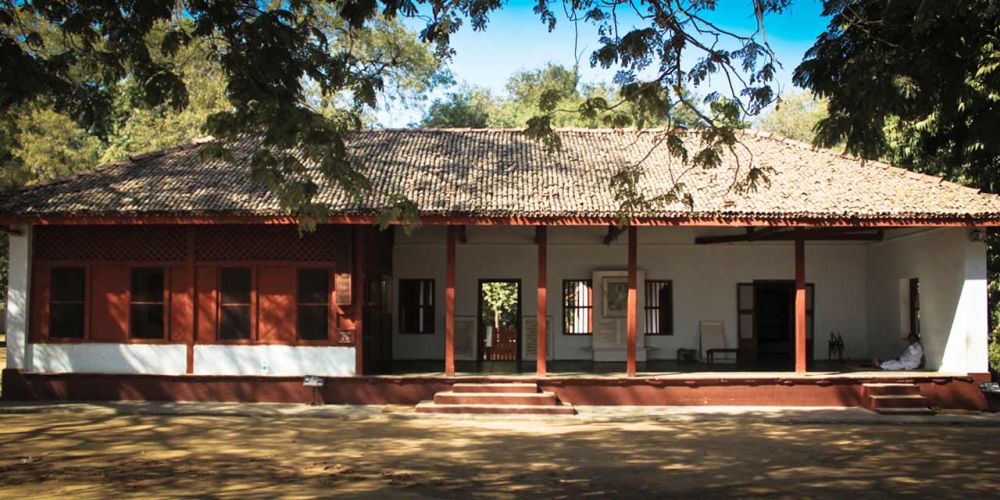

Founded by Mohandas Karamchand Gandhi, commonly known as Mahatma Gandhi, in 1917, Sabarmati Ashram in Ahmedabad, Gujarat, has played a pivotal role in India's freedom struggle. The ashram became Gandhi's headquarters from 1917 to 1930 during the most important and active years of his life. It holds great historical importance as the epicenter of the non-violent movement for India's independence.
The ashram at Sabarmati was not merely Gandhi's home but also served as an experimental ground for his philosophies of Satyagraha (truth force) and Ahimsa (non-violence). It is also famously known as Gandhi Ashram, Harijan Ashram, or Satyagraha Ashram. It was from here that Gandhi initiated the Dandi March in 1930, famously known as the Salt Satyagraha, which was a crucial point in the path to India's independence.
Sabarmati Ashram has become one of the most visited tourist spots in Gujarat, attracting history enthusiasts, peace seekers, and Gandhian followers from around the world. The tranquility of the ashram, situated on the serene banks of the Sabarmati River, juxtaposed with its profound historical significance, makes it a unique attraction.
Sabarmati Ashram is open all days of the week and there is no entry fee, which encourages more visitors to engage with this landmark. It is accessible by road and is well connected to various parts of Ahmedabad.
Recently, heritage walks and interactive experiences have been introduced to offer visitors a more immersive understanding of Gandhian principles and the significance of the ashram. Moreover, special efforts have been made to enhance the digital presence of Sabarmati Ashram, with virtual tours and detailed online archives for those who wish to explore the ashram remotely. The management has also been involved in organizing events, workshops, and seminars to spread Gandhian philosophy and promote traditional arts and sustainable living practices, which further adds to its appeal as a learning center in addition to a historical site.
The Indian government and the trust governing the ashram have consistently worked towards the preservation and maintenance of this historical site. The ashram has been identified as a monument of national importance, and considerable efforts are made to ensure its conservation for future generations.
Visiting Sabarmati Ashram not only offers a retreat into one of the most significant chapters in Indian history but also provides a reflective journey into the life and teachings of one of the world's greatest leaders, Mahatma Gandhi.